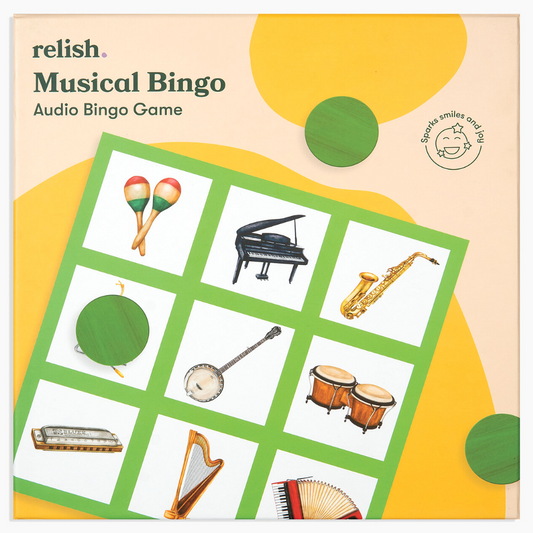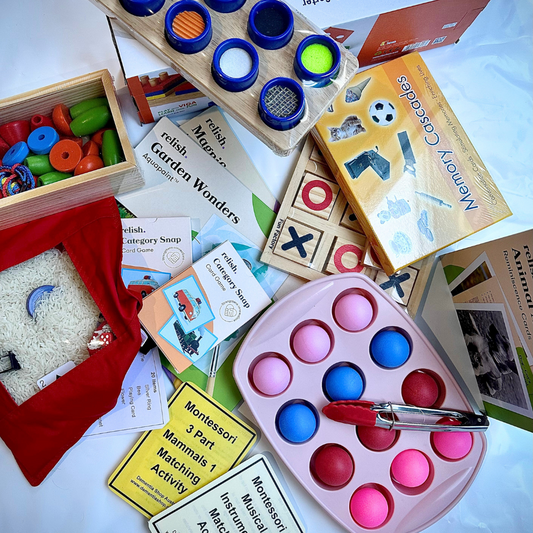Engaging in social activities like bingo can significantly benefit individuals with dementia, offering cognitive, social, and emotional advantages.
Cognitive Benefits
Research indicates that playing bingo can enhance cognitive functions in dementia patients. A study published in Aging, Neuropsychology, and Cognition found that using high-contrast, large bingo cards improved thinking and playing skills for individuals with cognitive difficulties and visual perception problems associated with Alzheimer's and Parkinson's diseases.
Additionally, a study presented at the Sigma Theta Tau International Nursing Research Congress reported that older adults with dementia who played bingo for seven consecutive weeks showed significant improvements in memory, thinking, orientation, language, and command.
Social and Emotional Benefits
Bingo also promotes social interaction, which is crucial for mental health. A study from Rush University Medical Center found that older adults who remained socially active developed dementia up to five years later than those who were less social. Engaging in activities like bingo can help maintain social connections and potentially delay cognitive decline.
Implementing Bingo for Dementia Patients
To maximize the benefits of bingo for individuals with dementia, consider the following adaptations:
- Use High-Contrast, Large Cards: Enhances visual perception and cognitive engagement.
- Simplify Game Rules: Ensure the game is easy to follow to prevent frustration.
- Encourage Group Play: Fosters social interaction and a sense of community.
Incorporating bingo into the routine of dementia patients can be a valuable tool for enhancing cognitive functions and promoting social engagement. By making thoughtful adaptations, carers and loved ones can create an enjoyable and therapeutic activity that supports the well-being of individuals with dementia. Dementia Shop has a wide selection of games such as bingo and other interactive games to choose from. Check them out today.






